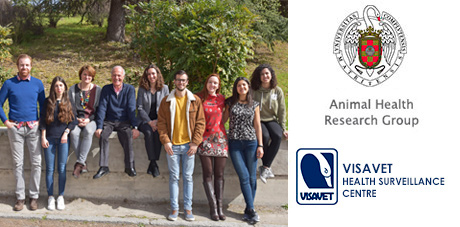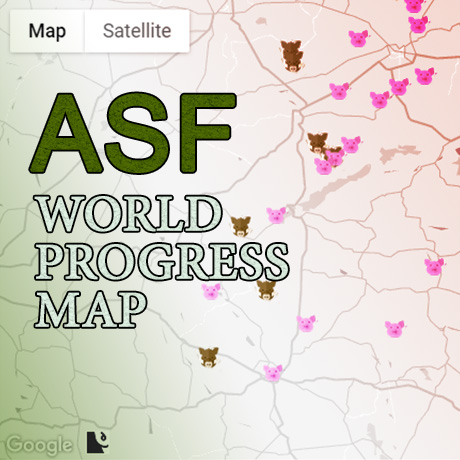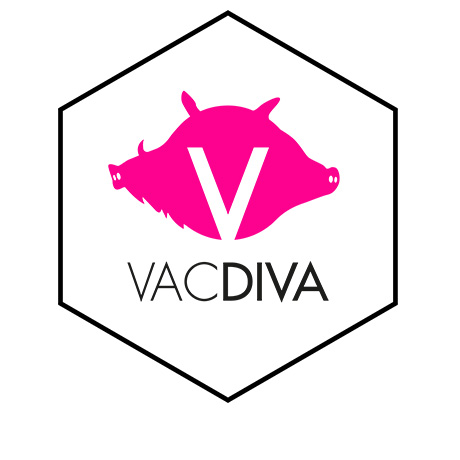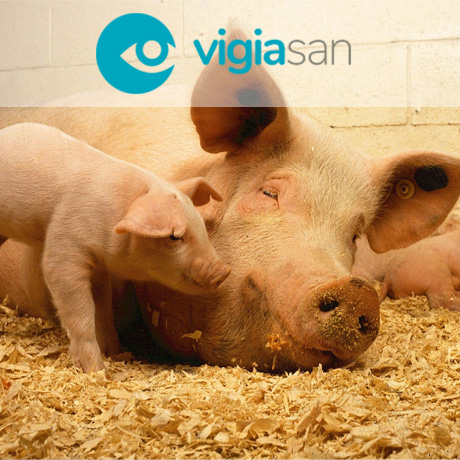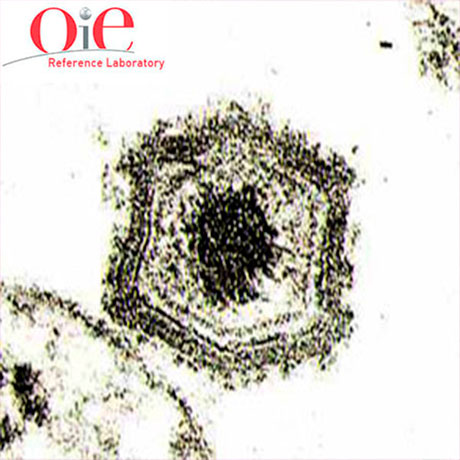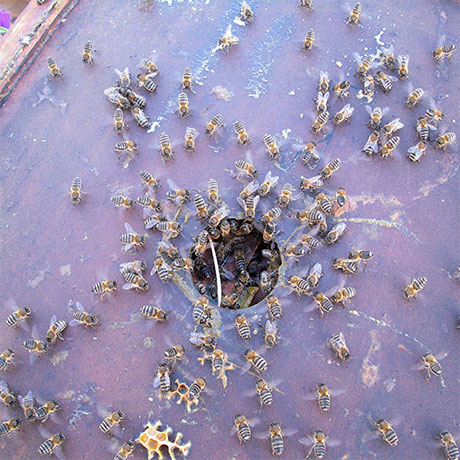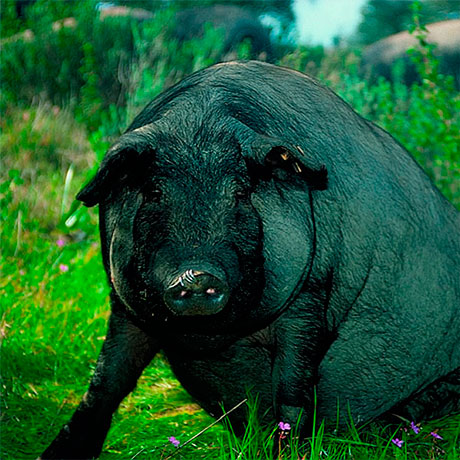African swine fever vaccine: Turning a dream into reality

New review article about African Swine Fever vaccine.
Abstract: African swine fever (ASF) is currently threatening the swine industry at a global level. The disease originated in Africa has spread to Europe, Asia and Oceania, since 2007, reaching a pandemic dimension. Currently, the spread of ASF is unstoppable and that the development of a safe and effective vaccine is urgently required. The objective of this paper is to review the vaccine candidates tested during the 20th and 21st centuries, to identify the strengths and weaknesses of these studies and to highlight what we should learn. Several strategies have been explored to date, some of which have shown positive and negative results. Inactivated preparations and subunit vaccines are not a viable option.
Research article published in Pathogens journal
The Role of Interleukine-10 and Interferon-γ as Potential Markers of the Evolution of African Swine Fever Virus Infection in Wild Boar
 Abstract: African swine fever virus (ASFv) is one of the most challenging pathogens to affect both domestic and wild pigs. The disease has now spread to Europe and Asia, causing great damage to the pig industry. Although no commercial vaccine with which to control the disease is, as yet, available, some potential vaccine candidates have shown good results in terms of protection. However, little is known about the host immune mechanisms underlying that protection, especially in wild boar, which is the main reservoir of the disease in Europe. Here, we study the role played by two cytokines (IL-10 and IFN-γ) in wild boar orally inoculated with the attenuated vaccine candidate Lv17/WB/Rie1 and challenged with a virulent ASFv genotype II isolate.
Abstract: African swine fever virus (ASFv) is one of the most challenging pathogens to affect both domestic and wild pigs. The disease has now spread to Europe and Asia, causing great damage to the pig industry. Although no commercial vaccine with which to control the disease is, as yet, available, some potential vaccine candidates have shown good results in terms of protection. However, little is known about the host immune mechanisms underlying that protection, especially in wild boar, which is the main reservoir of the disease in Europe. Here, we study the role played by two cytokines (IL-10 and IFN-γ) in wild boar orally inoculated with the attenuated vaccine candidate Lv17/WB/Rie1 and challenged with a virulent ASFv genotype II isolate.
Natural SARS-CoV-2 infection in kept ferrets, Spain

New article published in the Center for Disease Control and Prevention (CDC) journal.
Abstract: We found SARS-CoV-2 RNA in 6 of 71 ferrets (8.4%) and isolated the virus from one rectal swab. Natural SARS-CoV-2 infection does occur in kept ferrets, at least under circumstances of high viral circulation in the human population. However, small ferret collections are probably unable to maintain prolonged virus circulation.
, , , , , , ,
A course on how to prevent future pandemics from the ‘One Health’ approach
 Between 7 and 9 July will take place the course 'Epidemics, zoonoses and pandemics. A holistic vision of 'One Health' of the UCM led by professors Lucas Domínguez and José Manuel Sánchez-Vizcaíno
Between 7 and 9 July will take place the course 'Epidemics, zoonoses and pandemics. A holistic vision of 'One Health' of the UCM led by professors Lucas Domínguez and José Manuel Sánchez-Vizcaíno
British variant of Covid-19 detected in a dog in Spain
An investigation has detected for the first time in Spain an asymptomatic dog infected with B.1.1.7 (British variant) of the coronavirus and highlights the low presence of the SARS-CoV-2 virus infection in pets.
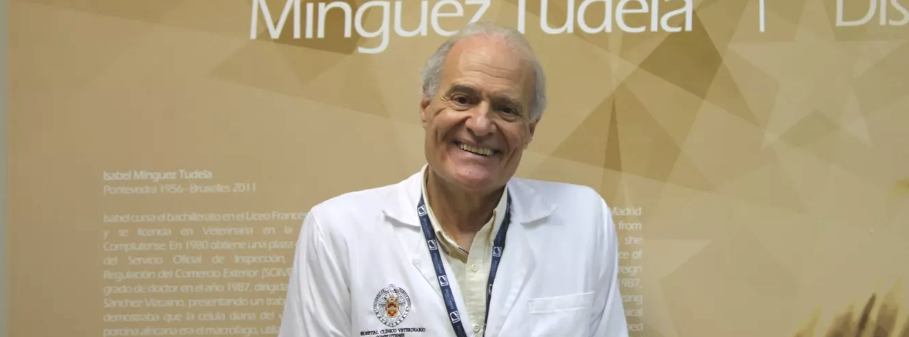
How does ASF affect us?
With José Manuel Sánchez-Vizcaíno, Miguel Chico & Miguel Ángel Higuera at the farm.



